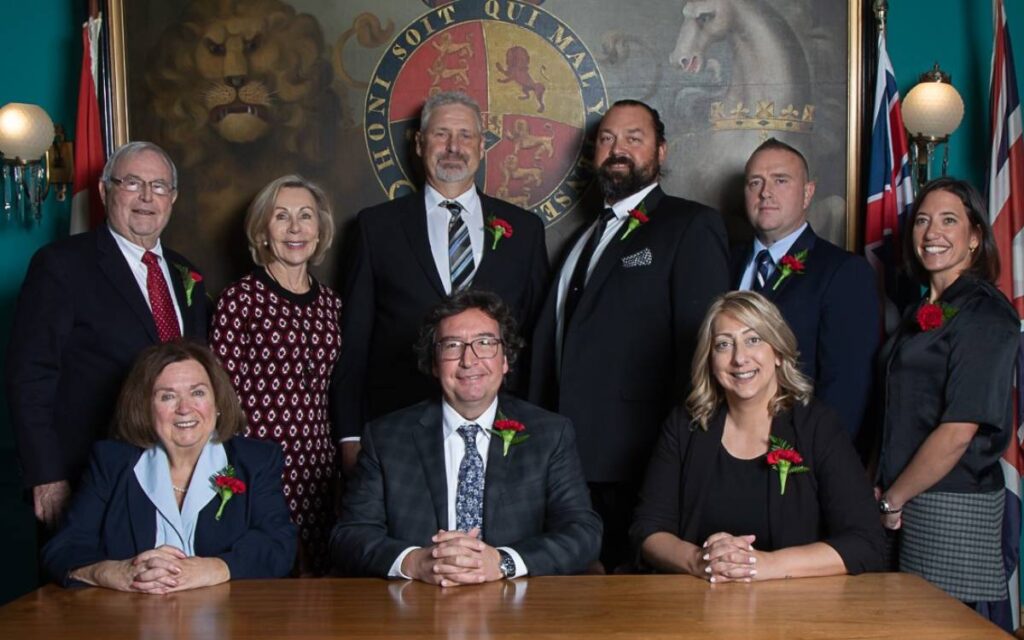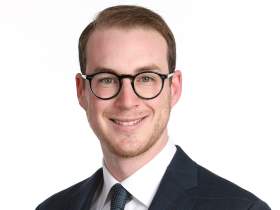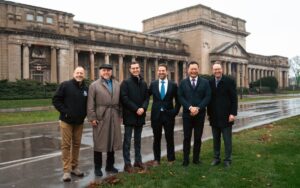
The proposed tax hike is 14.4 per cent. Pictured: Niagara-on-the-Lake council members. Photo Credit: Niagara-on-the-Lake.
Niagara-on-the-Lake city staff are pushing for a massive property tax increase on homeowners for 2025.
The proposed tax hike is 14.4 per cent. Because the average home has an assessed value of $544,000, that works out to a tax hike of $203 for the average homeowner.
Property assessments have been frozen by Queen’s Park since 2016, so property assessments have not kept up with actual home values.
Under the proposed plan, the general tax levy will rise from $16.1 million this year to $18.4 million next year. That’s a $2.3-million increase.
City staff presented their plan to council on Nov. 21. Staff are blaming the proposed major increase on lower-than-expected revenue and a desire to raise salaries for staff and increase compensation for volunteer firefighters.
Other operating pressures include vehicle maintenance, road maintenance, transit subsidies, and higher insurance costs.
Notably, the town’s legal expenses are also far higher than normal. Kyle Freeborn, the director of corporate services and town treasurer, says the cost of outside counsels to defend Niagara-on-the-Lake at several Ontario Land Tribunal hearings has had a major impact on the town’s bottom line.
Freeborn did lay out a few possibilities for places where councillors could look to cut as they assess staff’s proposed budget, including lowering or eliminating the town’s parking reserve fund, reducing commitments to contracted services, and cutting some discretionary grants.
Staff also proposed increasing certain user fees as a way to offset property tax hikes. Staff plan to recommend options to council in the coming weeks.
The town did put out a survey to ask what residents wanted to see in the 2025 budget, but just 96 people responded.
Several councillors did question why property assessments remain at 2016 levels, with Lord Mayor Gary Zalepa noting that this is likely politically motivated, with the province not wanting to take flack for raising assessment values.
Councillor Wendy Cheropita expressed concern that legal expenses as currently budgeted may fall short of budget needs, meaning the town’s overall costs will likely balloon further.
Freeborn acknowledged that possibility, but suggested the upcoming year’s legal costs are very much unknown.
Cheropita also asked staff to separate out the cost of council and the cost of city administration in the budget tables, suggesting that showing the total cost of council operations apart from administration was important for the sake of transparency.
Few councillors seemed to express significant concern about the massive property tax increase.
There are two more budget meetings scheduled, including on Nov. 28 and Dec. 5. Council will then vote on whether to go forward with the staff budget or make any changes.

Jay Goldberg is the Ontario Director at the Canadian Taxpayers Federation. He previously served as a policy fellow at the Munk School of Public Policy and Global Affairs. Jay holds a Ph.D. in Political Science from the University of Toronto.




















